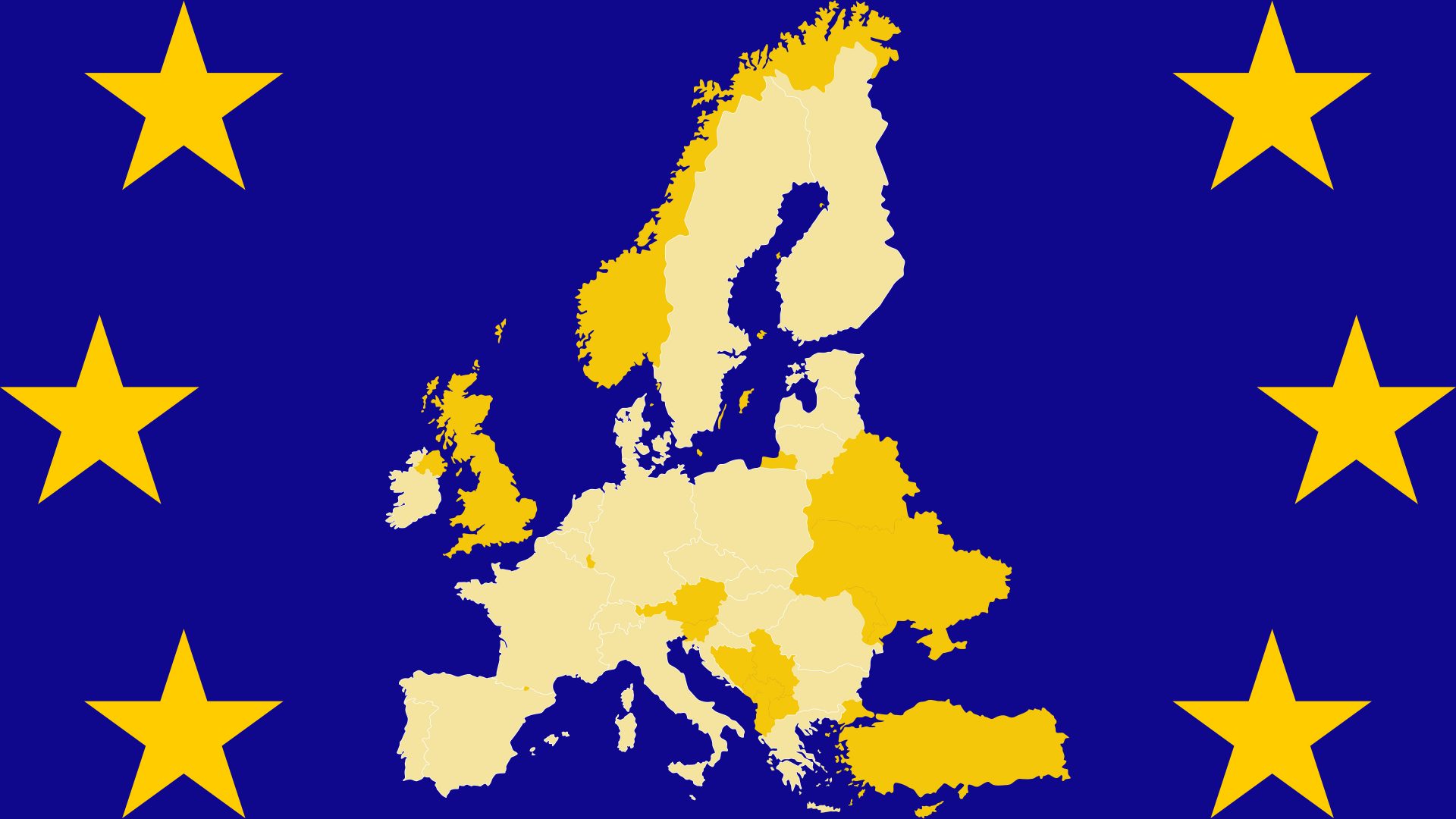UK 17%
The UK voted to leave the bloc in June 2016, and the two sides have since endured an acrimonious relationship, with flames fanned by the Brexiteer European Research Group and the right wing British press. Yet despite that – and Boris Johnson’s near-landslide to “get Brexit done” in December 2019 – only 17% of people now say that leaving the EU has made their lives better. Over six years on, 52% now think it was wrong to leave the EU and only 36% think it was right.
Ireland 4%
Germany 8%
Sweden 10%
Finland 11%
Denmark 12%
Belgium 14%
Netherlands 16%
Italy 12%
Support for the EU in Italy means Giorgia Meloni, likely to be the country’s next PM (see page 23) has softened her view. Having previously accused the EU of operating “a Soviet plan to destroy national and religious identity”, she now says her administration would work “in compliance” with it. Access to the EU’s £168bn Covid Recovery Fund may have changed her mind.
Poland 6%
Jarosław Kaczyński, chair of the ruling Law and Justice Party and Poland’s de facto leader, has been stoking up anti-EU sentiment ahead of a general election next year. Earlier in September, he called it a “neo-imperial” plot to establish a “superstate of world importance under German leadership” and said it was “the sacred duty” of Polish politicians to oppose it, adding that western Europe was “culturally alien to us”. Yet the EU remains widely popular among ordinary Poles.
Slovakia 18%
Austria 22%
Czech Republic 24%
Spain 10%
Portugal 3%
Bulgaria 20%
Romania 12%
Estonia 9%
Latvia 10%
Lithuania 2%
Hungary 15%
The EU may be hated by Viktor Orbán – who wants it to drop sanctions against Russia over the invasion of Ukraine, and says countries in the bloc where Europeans mix with people of other races are “no longer nations” – but Hungarians strongly disagree. Will that change now Brussels is set to cut £6.6bn in funding from the country in protest against Orbán’s attacks on democracy and human rights? Or will the people turn on Orbán?
Croatia 12%
Greece 27%
Greeks trust the EU less than any other member state. That may change now the country has just come out of the economic system of enhanced surveillance, which allowed Brussels to inspect Greece’s borrowing and spending. After the bailout of the 2000s, the EU imposed tough financial controls. Even Jean-Claude Juncker, EU Commission president at the time, now says “measures imposed on Greek society were too austere.”



